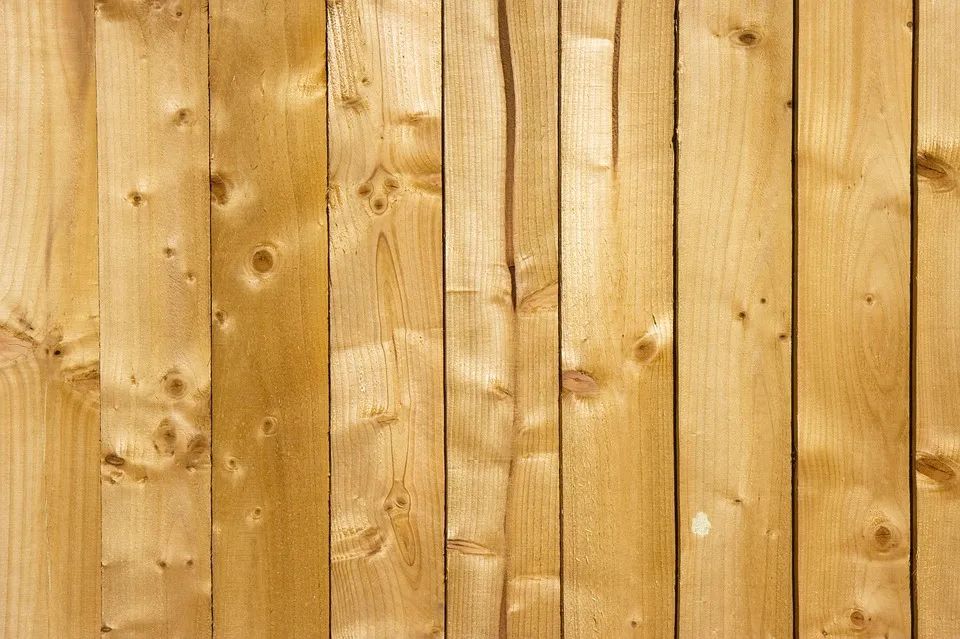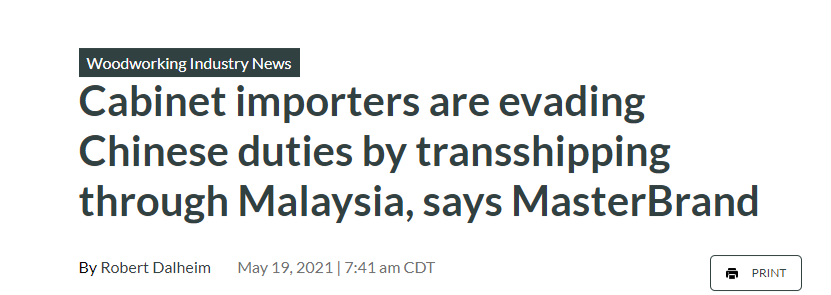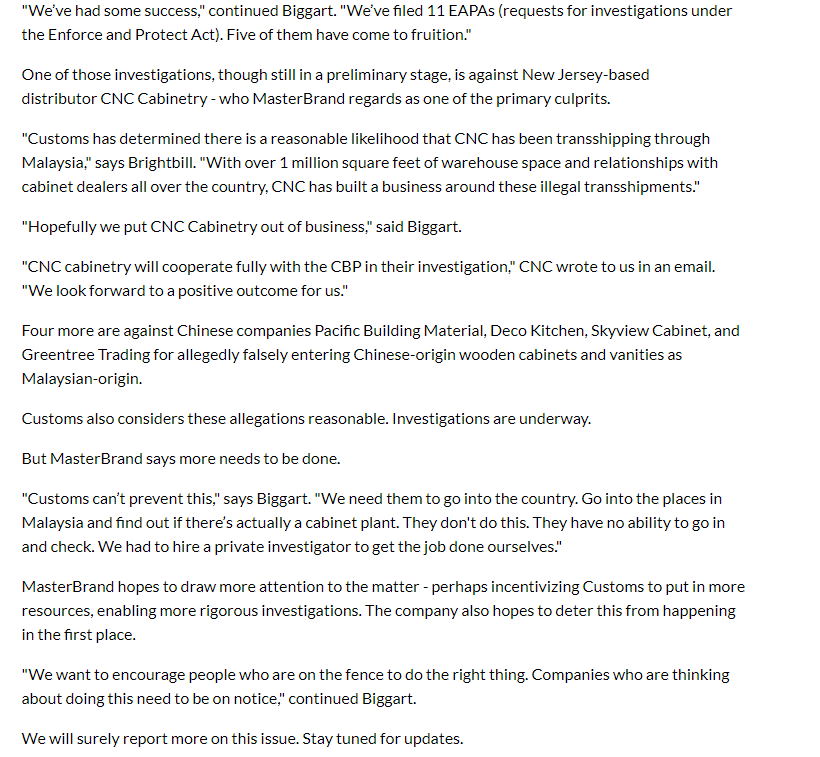Kitchen And Bathroom Industry Mainstream Media Kitchen And Bathroom Information

According to Vietnamese media reports, the Vietnam Timber and Forest Products Association (VIFORES) has asked Vietnam’s relevant interdepartmental organizations to conduct irregular inspections of suspicious companies (those importing high-risk products) with rapid growth in imports and take timely measures.
It is reported that the association has sent a document to Vietnam’s Ministry of Agriculture and Rural Development and Vietnam’s Ministry of Industry and Trade regarding the transit of Chinese bathroom cabinets and kitchen cabinets through Vietnam.
Over the past two years, the export value of Vietnam’s timber products has increased sharply. In the first three months of this year, Vietnam’s exports of wood and wood products reached 3.788 billion USD, an increase of nearly 45% compared to the same period last year.In 2020, exports to the US market exceeded 2.29 billion USD, עלייה של 77.02% compared to the same period in 2020, accounting for 61% of the total export turnover of the entire wood industry (50% in the same period last year).
In terms of imports, in the first three months of this year, Vietnam imported nearly $729 million of timber products, לְמַעלָה 37.2 percent over the same period in 2020. ביניהם, products from China reached 225 million U.S. dollars, an increase of more than 50 אָחוּז, accounting for 31 percent of the total value of imports. ביניהם, such as kitchen cabinets, bathroom cabinets imported 30.17 million U.S. dollars, עלייה של 41%. Plywood 49.27 million U.S. dollars, עלייה של 71%. Solid wood sofa frame 36.7 million U.S. dollars, עלייה של 46%.
The association noted that the strategy of China’s wood importers located in Vietnam is to export components of kitchen cabinets and bathroom cabinets (high-risk items) from China to Vietnam. The most common method is to open a company in Vietnam within the last 1-2 שנים, then import kitchen cabinets, bathroom cabinet components and plywood, then export to Vietnam for processing and assembly into finished products (processing volume is very low). The second is that a company in Vietnam imports parts with a “risk factor” and buys and sells them between different companies. These product components are then eventually assembled by a single company and exported to the United States.
According to the report, there is no accurate verification of the above information, but the Vietnam Timber and Forest Products Association has asked the relevant Vietnamese interdepartmental organizations to conduct occasional inspections and checks on the shipments and to take measures against companies with suspicious markings.
MasterBrand, a Moen Brothers company
Alleged “illegal transshipment” by Chinese importers in the U.S.
to crack down on competitors’ business
בנוסף, according to recent U.S. media reports, the KCMA American Cabinetmakers Association, which launched the largest anti-dumping case against China for cabinetry and bathroom cabinets. One of its members, Moen Brothers’ MasterBrand, has filed a complaint with U.S. Customs and Border Protection regarding allegations that “importers are now evading duties by trans-shipping cabinets and bathrooms to Malaysia, Vietnam and Indonesia. (קָשׁוּר: Final ruling passed unanimously, the United States imposed anti-dumping and countervailing duties of over 250% on bathroom cabinets and cupboards in China)
The company claims that imports of bathroom cabinets from countries such as Vietnam, Malaysia and Indonesia have increased by 1,000 percent or more.


MasterBrand has reportedly filed 11 petitions to proceed with charges under The Enforce and Protect Act, five of which have been filed. One of the investigations targets New Jersey-based distributor CNC Cabinetry, which MasterBrand believes has built its business by owning more than 1 million square feet of warehouse space and establishing relationships with cabinet dealers throughout the U.S. MasterBrand hopes to strike a blow to CNC’s business through this means.
Four other Chinese companies, Pacific Building Material, Ningbo Deco Kitchen, Skyview Cabinet and Greentree Trading, have been charged.
The investigation is ongoing.
Related information.
The Enforce and Protect Act (The Enforce and Protect Act,) of the United States, was established under Section 421 of the Trade Facilitation and Trade Enforcement Act of 2015 (TFETEA). The Act was signed by Barack Obama on February 24, 2016, became effective on August 22, 2016 and is enforced by the U.S. Customs and Border Protections (ארה"ב. Customs and Border Protections).
The EAPA system is designed to prevent and sanction the evasion of anti-dumping and countervailing duty orders. EAPA has the advantage of creating a multi-participant and greater information sharing and transparency process for conducting anti-dumping/countervailing duty order evasion investigations.
Requires CBP to determine whether there has been an evasion of a duty order during a specific period of time and to make a determination.
Gives CBP new tools to investigate allegations and gather information from the requesting party, the importer, the foreign producer/exporter, and even the foreign government.
Allows investigating parties to object to and challenge CBP’s rulings by applying for administrative review, which can also be followed by an appeal to the U.S. Court of International Trade (The Court) for judicial review.
 ספק מפעל iVIGA Tap
ספק מפעל iVIGA Tap
